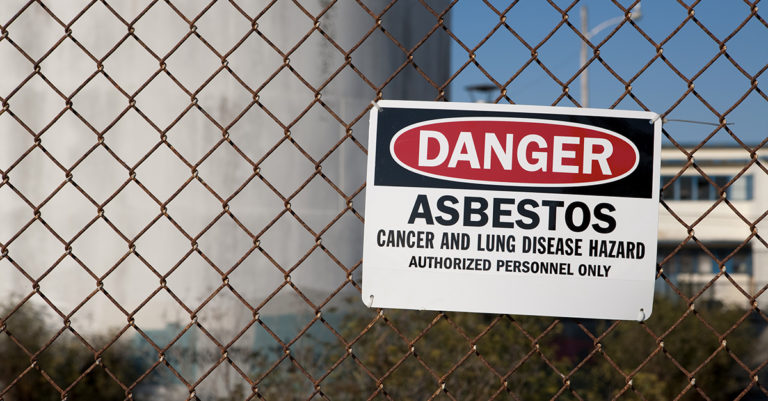Syngenta’s Agrisure Viptera® and Duracade™ corn have significantly hurt American farmers. The corn has the genetically modified trait MIR 162, which was never approved by China. Syngenta continued to sell Viptera® and Duracade™, despite China never approving of the genetically modified corn. Accordingly, China’s rejection of Agrisure Viptera® and Duracade™ corn has led to a damaged corn market in the United States.
The 4 main negative effects of the Viptera®-China issue include:
- Lowered prices of corn
- Lowered exports of corn and DDGS to China
- Cross pollination among U.S. corn
- Significant losses for farmers due to decreased price of U.S. corn
The Viptera® and Duracade™ story started in 2009. Syngenta released Viptera® onto the U.S. market during the years of 2009-2010. The genetic trait MIR 162, found in the corn, is at the heart of the issue. It was never approved for import by China and still does not have the country’s approval. But, Syngenta released statements assuring China’s approval was imminent.
Syngenta’s CEO Michael Mack stated that there was “no issue whatsoever” with China and that they expected “to have [approval] quite frankly within a matter of days” in their First Quarter 2012 Earning Conference Call Transcript.
On top of this, Syngenta is also being accused of not properly instructing farmers to prevent cross pollution. So, the MIR 162 trait was introduced to the general U.S. corn population. This resulted in an overall rejection of U.S. corn from China, which further damaged the bottom lines of U.S. corn farmers.
China’s rejection of corn shipments from the U.S. began in November 2013. The National Grain and Feed Association (NGFA) estimated that there has been an overall loss of $2.9 billion in the U.S. corn, DDGS, and soy sectors so far. The organization also estimated the 2014-2015 year could be looking towards another loss of $3.4 billion for farmers.
Overall, the Viptera®-China controversy has led to significant financial damage for farmers and their businesses. Many farmers are choosing to hold Syngenta responsible for the damages caused. If you are a farmer who did not plant the Agrisure Viptera® MIR 162 corn, then you may be able to hold the bio-tech company responsible for its practices and the overall damage to the U.S. corn market.
If you are a farmer who has been affected by the Syngenta Viptera® and Duracade™ corn, contact Simmons Hanly Conroy today for a free consultation. We can help you hold Syngenta responsible for its Agrisure Viptera® and Duracade™ corn production, which has hurt farmers across the United States.




